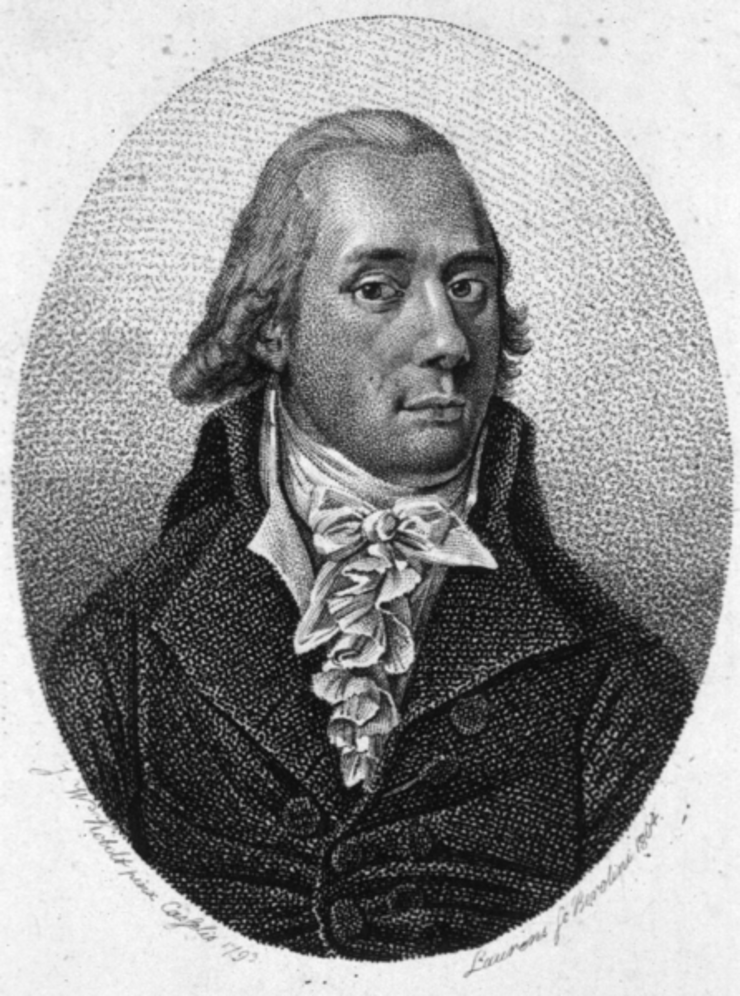
Johann Friedrich Blumenbach (1752-1840) is known in modern times primarily as the founder of physical anthropology. His field of activity, however, spanned what was called "natural history" in the 18th century. In addition to his actual profession as a physician, he would therefore be called an anthropologist, physiologist, zoologist, mineralogist, and geologist, according to modern usage. He also left traces in Egyptology. In the present discussion, however, interests are concentrated mainly on his anthropological works and his theory of the educational instinct.
While the aforementioned fields of activity are accessible to science on the basis of the relevant publications, there has long been a lack of indexing of his correspondence. It allows Blumenbach to emerge directly in his activities as a scientist and teacher. With more than sixty years of teaching at the University of Göttingen, numerous lines intersect in his person, revealing him as a crossroads in the late 18th and early 19th centuries. In this interconnectedness, Blumenbach transcended the narrow boundaries of his subjects and gained general cultural-historical significance. The correspondence not only sheds light on Blumenbach's involvement in the extensive epistolary exchange of the time, but also on his correspondents, and sometimes allows us to adequately understand facts that, to the extent that letters are available at all, have remained obscure in parallel traditions. Blumenbach's correspondence therefore makes it possible to correct some existing views and interpretations. The importance of Blumenbach's correspondence lies to no small extent in this critical function.
Blumenbach was born in Gotha. His family was closely connected with the ducal family there. Throughout his life he cultivated this bond. Again and again he returned to his hometown. The close ties were also reflected in his correspondence with members of the princely house. These ties to his home and father city as well as his childhood and youth in Gotha, although there are only a few statements about them, have not yet been sufficiently illuminated. Nevertheless, it was in Gotha that Blumenbach experienced the decisive influences that ultimately made him what he then became and what he still is to the world today. This genius loci should not remain without influence on the edition of Johann Friedrich Blumenbach's correspondence, which has now found a home and connection to the Gotha Research Centre, sponsored by the German Research Foundation (DFG).